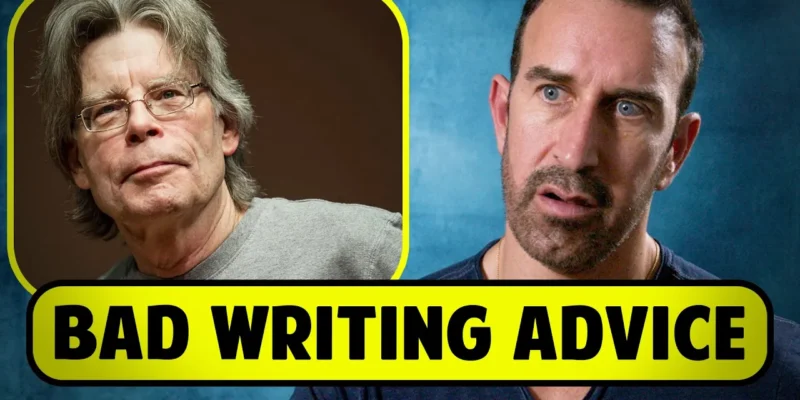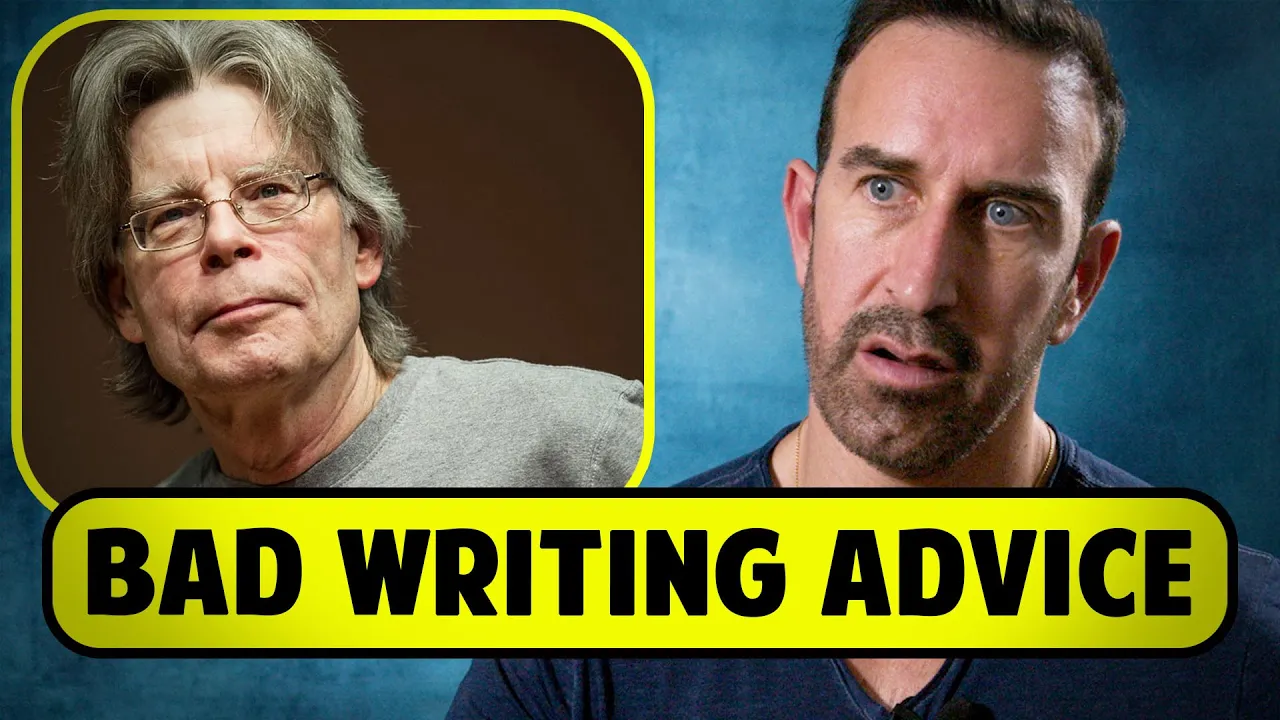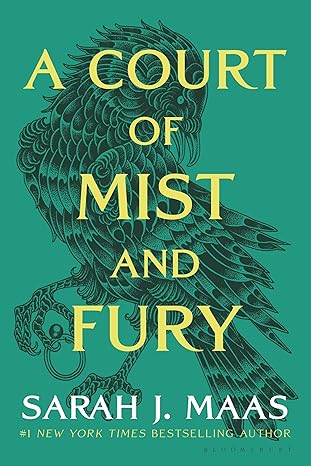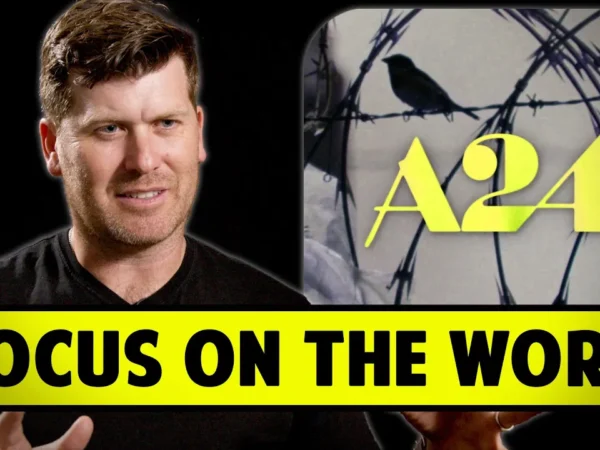
Interview with Adam William Ward, Screenwriter and Director

In this insightful conversation, Adam William Ward shares his thoughts on writing, the creative process, and the importance of feedback. His unique perspective offers aspiring writers valuable lessons on navigating the artistic landscape.
What do you think of the saying never start writing until you know the ending?
Adam believes that while this saying may work for many, it can also hinder creativity. “I think it’s a good rule for a lot of people,” he says, but adds that it can stop some writers from getting creative. For him, knowing the story is essential, but he acknowledges there are “savants” who can break this rule. He points out that some writers, like Stephen King, might not have their endings figured out from the start.
He explains, “If you know your ending, it’s gonna be a much better journey for you.” Knowing the ending can guide the tone and direction of the story, which is crucial for a cohesive narrative. He cites a recent film, mentioning how the happy ending was evident from the beginning, which shaped the entire film’s tone.
Do you think feedback from others is crucial in determining if a writer is truly talented?
Adam reflects on the role of ego in receiving feedback. “If you have people telling you that you’re good at it, you generally keep going in that direction,” he notes. However, he emphasizes that most people aren’t resilient enough to push through harsh criticism. “You tell them they stink and they go, ‘I’m going to prove you wrong,'” he explains, but that’s rare.
He advises new filmmakers to embrace their learning phase. “Take it easy on yourself, you know, take in the criticism,” he suggests. Adam believes that the hardest part is continuing to create. He encourages filmmakers to produce multiple short films to improve their craft, emphasizing that practice and feedback are key to growth.
How important is ego in the creative process?
Adam argues that a certain level of ego is necessary to share one’s work. “You need to spread the feathers,” he says, recognizing that without ego, one might shy away from opportunities. However, he cautions that it’s essential to balance ego with humility to accept constructive criticism.
He observes, “Most people that are good at something realize that it takes a lot of work to be good at it.” This effort is what differentiates successful artists from those who struggle. “The more effort you put into it, usually the better result you get,” he concludes.
What are your thoughts on the pressure to succeed in Hollywood?
Adam reflects on the peculiar nature of the entertainment industry. “There’s very few people that have so much gravitas or talent that they’re just undeniable,” he notes, pointing out that luck often plays a significant role in success. “If I ever got in a position, I’d hope to stay as humble as possible because you’re lucky to be there,” he shares.
He warns against getting lost in the glamour of success, emphasizing the importance of maintaining one’s identity and support system. “You don’t remember what grounds you as a human being,” he cautions, stressing the need to build a strong foundation while pursuing a career in film.
Can you elaborate on the importance of a support system in the creative field?
Adam highlights the significance of surrounding oneself with a solid support network. “What makes you happy is a huge part of that,” he says, noting that those who have long-lasting careers often have strong relationships with their friends and family. “If you get too much into the glitz and glamour, it can erase who you are,” he warns.
He believes that a supportive environment helps maintain focus and grounding as one navigates the tumultuous waters of the entertainment industry.
How does the desire for fame affect artists?
In discussing the desire for fame, Adam shares an analogy he encountered regarding the film “Pearl.” He mentions how the protagonist’s lack of a support system contrasts with successful figures like Marilyn Monroe. “When things are going great, who cares? But when they’re really bad, that’s when you really need that support system,” he explains.
He emphasizes that the entertainment industry can be a challenging space, filled with individuals looking to profit from art. “The real reason somebody makes art is never really because of money,” he states. Adam believes that true artists are driven by a passion to tell stories rather than financial gain.
What advice would you give to aspiring writers and filmmakers?
Adam encourages aspiring creatives to focus on their passion for storytelling. “Be in that learning position,” he advises, reminding them that early projects might not change their careers overnight. He stresses the importance of perseverance and continuous improvement, advocating for the creation of multiple works to hone one’s skills.
He concludes with a motivational note: “The more you create, the better you become.” This mantra serves as a reminder that success in the creative industry is often a journey marked by growth, resilience, and an unwavering commitment to one’s craft.
Table of Contents
FAQ
What should I focus on as a new writer?
Focus on honing your craft and storytelling abilities. Engage in continuous learning and seek feedback to improve your work.
How important is it to know the ending before writing?
While knowing the ending can provide direction, many successful writers create without a predetermined conclusion. It varies based on individual writing styles.
How can I handle criticism of my writing?
Embrace criticism as a learning opportunity. Understand that not everyone will resonate with your work, and use feedback to grow and improve your craft.
What role does ego play in writing?
Ego can motivate you to share your work and seek opportunities. However, it’s essential to balance it with humility to accept constructive criticism.
Why is a support system important for creatives?
A strong support system provides encouragement and grounding in the often tumultuous entertainment industry, helping you stay focused on your goals.


















